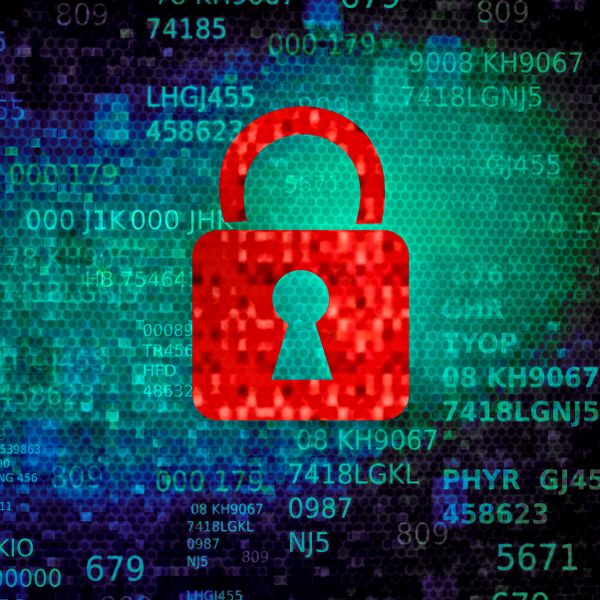1 min read
Defend Your Children against Online Predators (3)

Along with parents, teachers have or should have
a determining role in children’s and adolescents’ lives. They need to become
more involved in on-line interests of their pupils / students so as to better
understand the youngsters and be able to identify and, later on, encourage the
strong and unique features of each generation.
Tips for Teachers:
- Talk to students in order to find out what their
interests and needs are regarding their social and personal lives; - Make sure you know and understand what
filters are installed in your school and discuss with your students/pupils
why these safety measures are so important for the school and for them as
persons; - Involve them in online activities, using the
computer as a didactic tool for diverse teaching purposes; place great
value and praise on any student that uses the computer and Internet for
proactive and interesting reasons; - Encourage students/pupils to use and
download legit application and make them realize the importance of
copyrights; - Closely supervise students’ activities in
front of the PC: if they turn off the PC, quickly change windows, or laugh
while in groups in lab hours, then you should look for inappropriate
sites; - Tell your students that not everything they
see or hear on the internet is true – and that the information people give
away about themselves are not always trustworthy and that ill-intentioned
individuals could use a great variety of methods to mislead credulous PC
users for lucrative purposes; - Explain your students and pupils why they
shouldn’t accept to meet people they don’t know and why it is so important
to always discuss about this proposals with adults they trust; - Involve parents in students’ school activities;
they are definitely extremely interested in taking the right precautions
to protect their children from cyber criminals; - Put parents and children in contact with the
authorities directly involved with protecting children from illegal
activities – pornography, drugs, data theft.
tags
Author
A blend of product manager and journalist with a pinch of e-threat analysis, Loredana writes mostly about malware and spam. She believes that most errors happen between the keyboard and the chair.
View all postsRight now Top posts
How to Protect Your WhatsApp from Hackers and Scammers – 8 Key Settings and Best Practices
April 03, 2025
8 min read
Outpacing Cyberthreats: Bitdefender Together with Scuderia Ferrari HP in 2025
March 12, 2025
1 min read
Streamjacking Scams On YouTube Leverage CS2 Pro Player Championships to Defraud Gamers
February 20, 2025
5 min read
How to Identify and Protect Yourself from Gaming Laptop Scams
February 11, 2025
5 min read
FOLLOW US ON SOCIAL MEDIA
You might also like
Bookmarks








